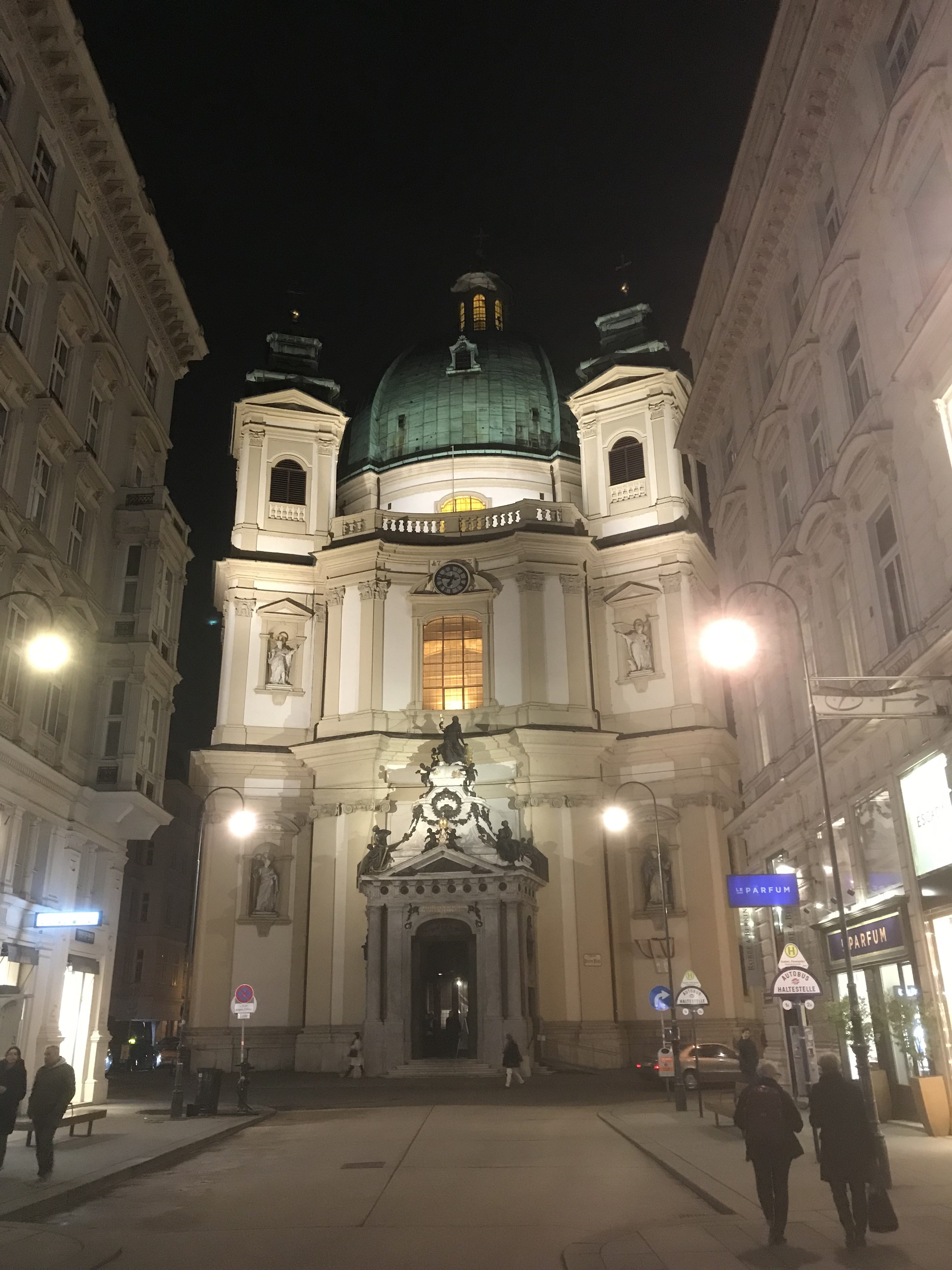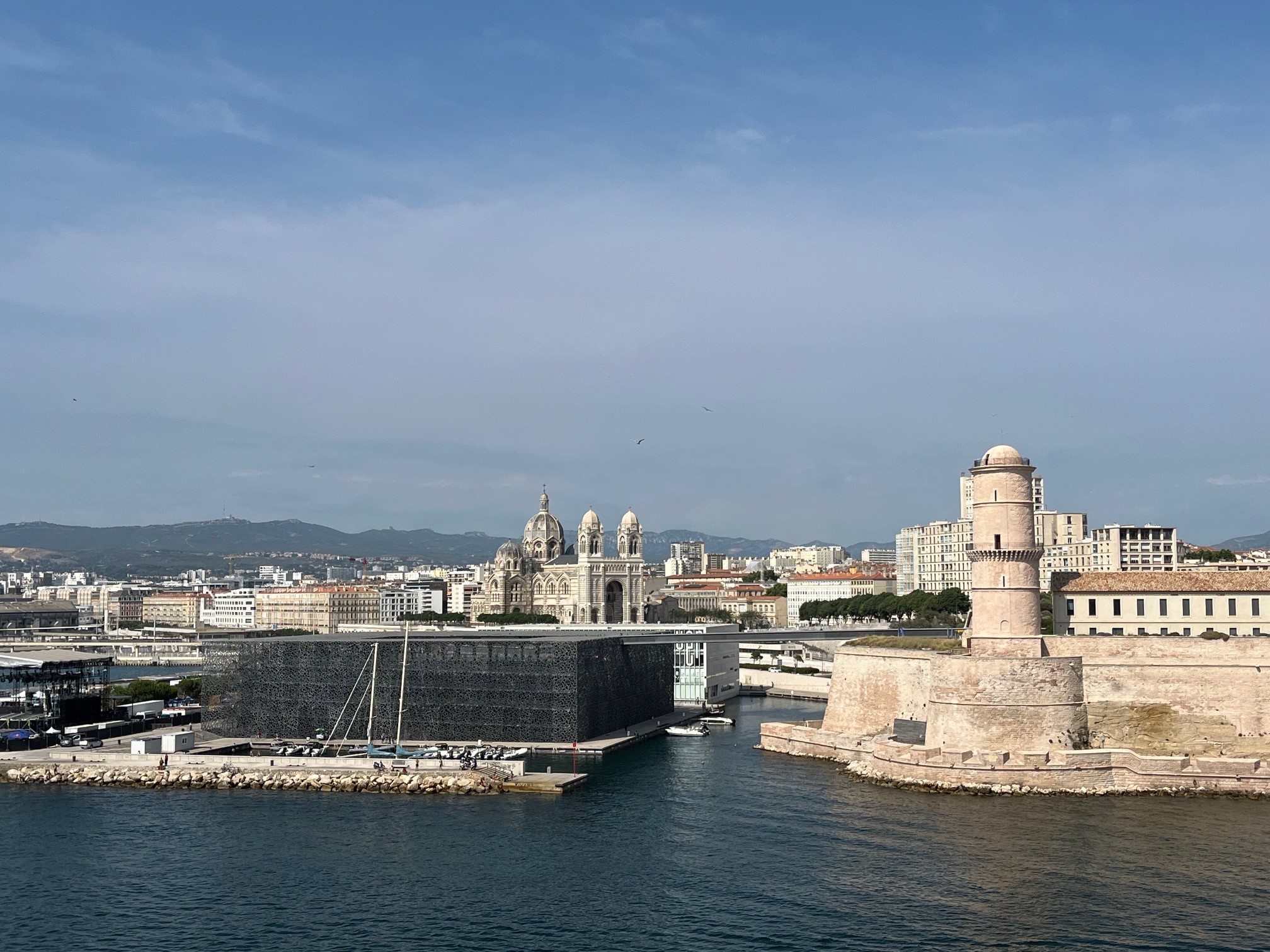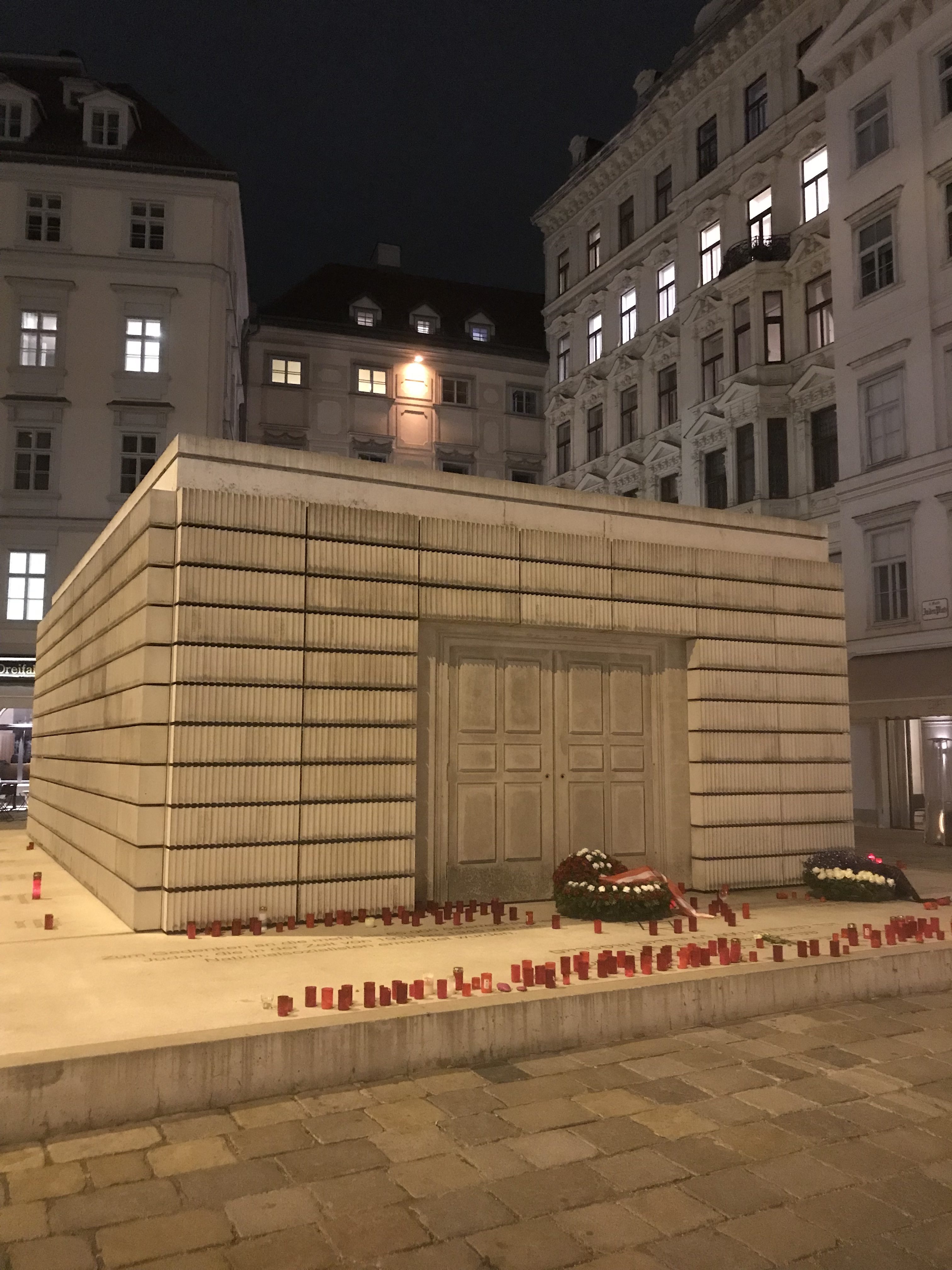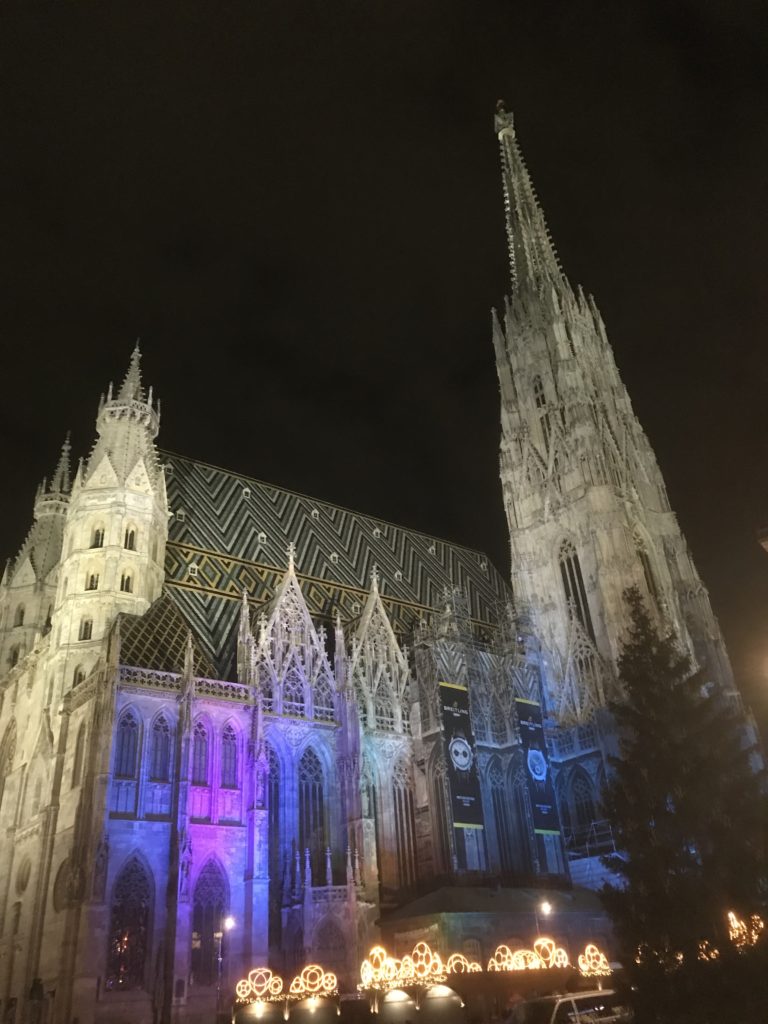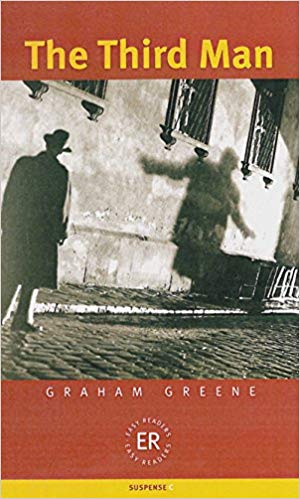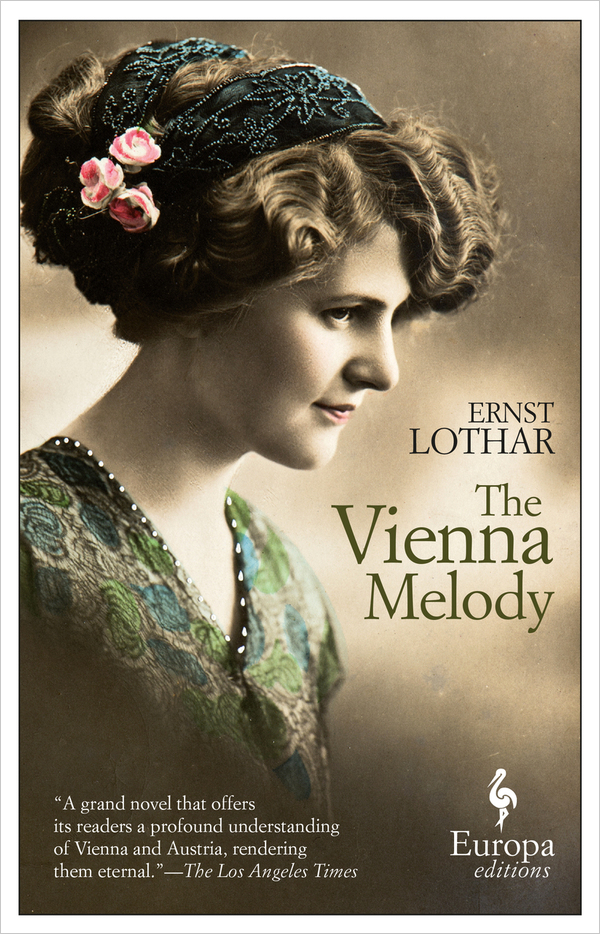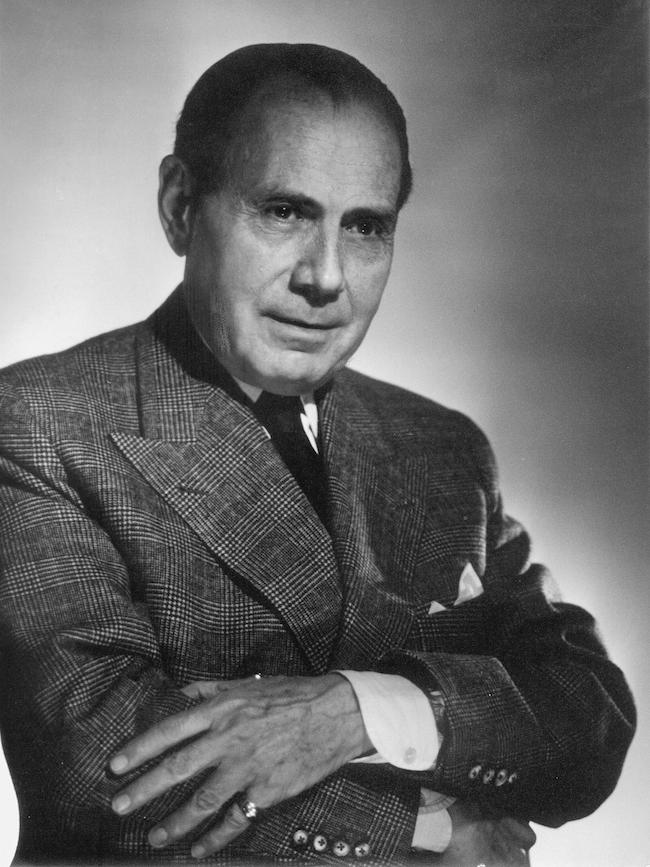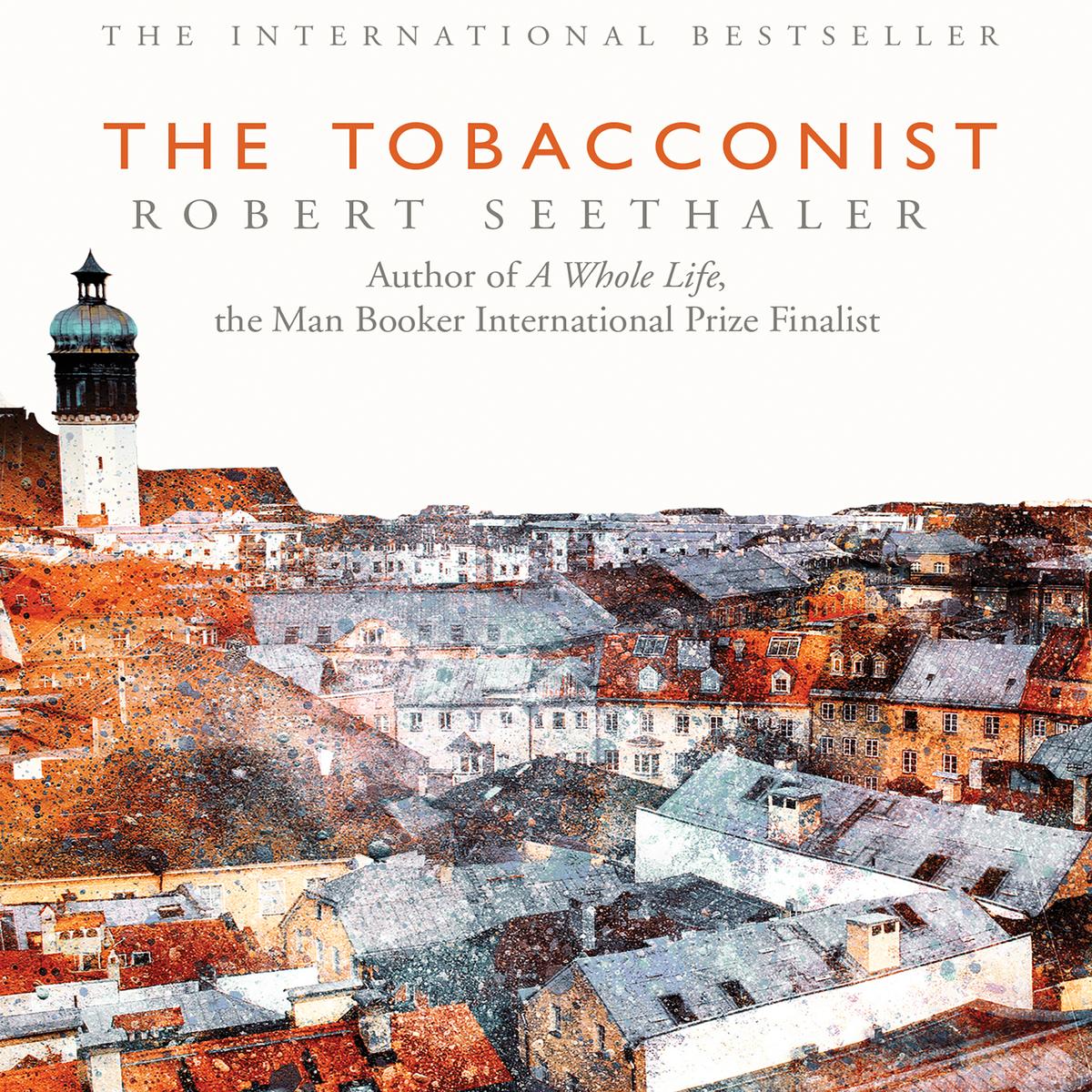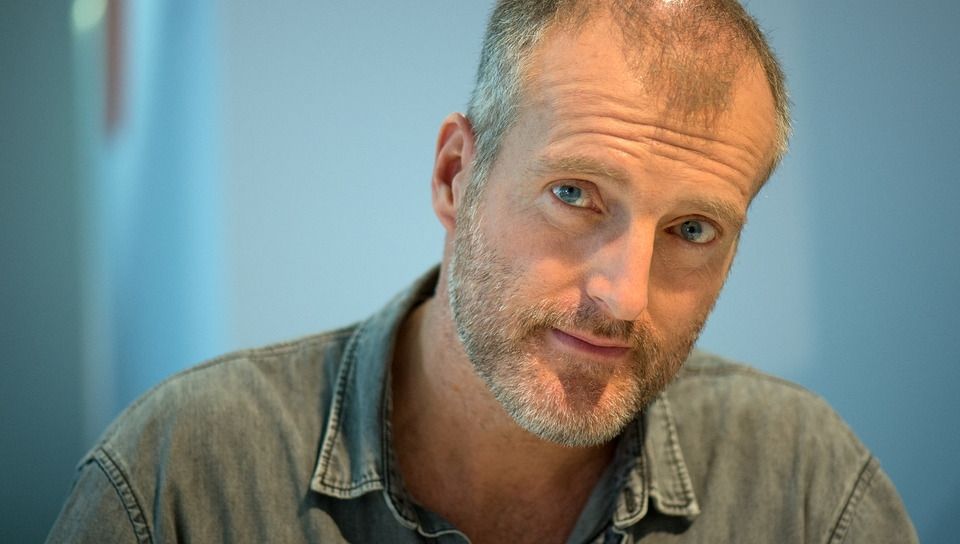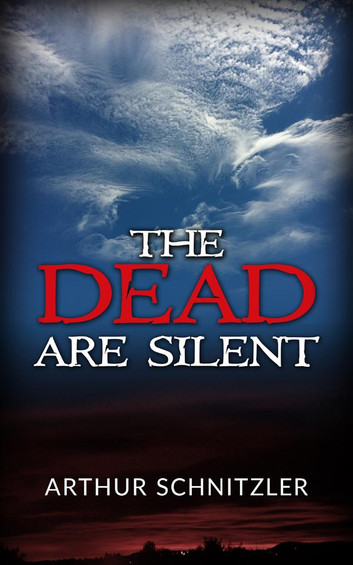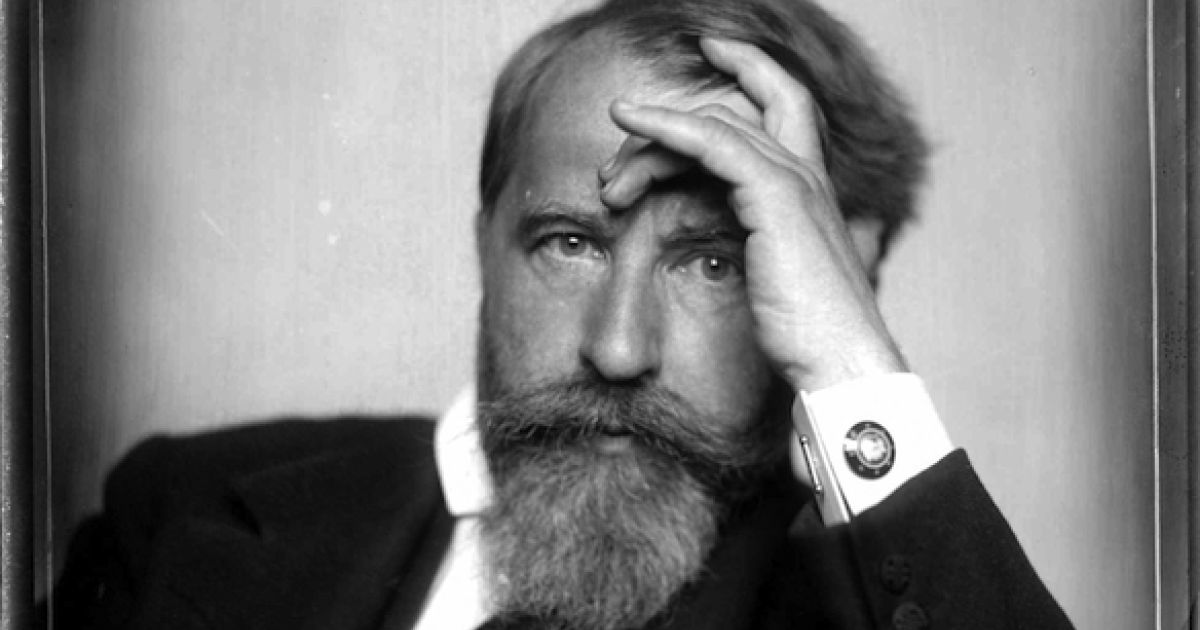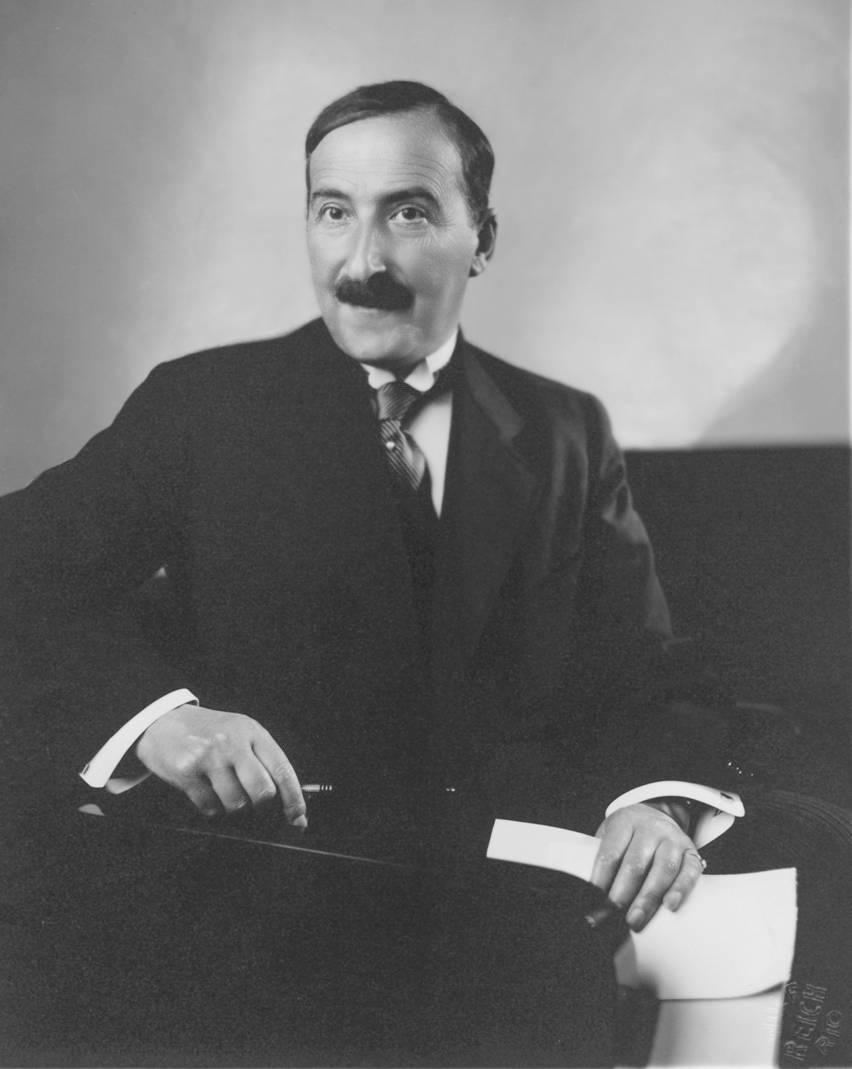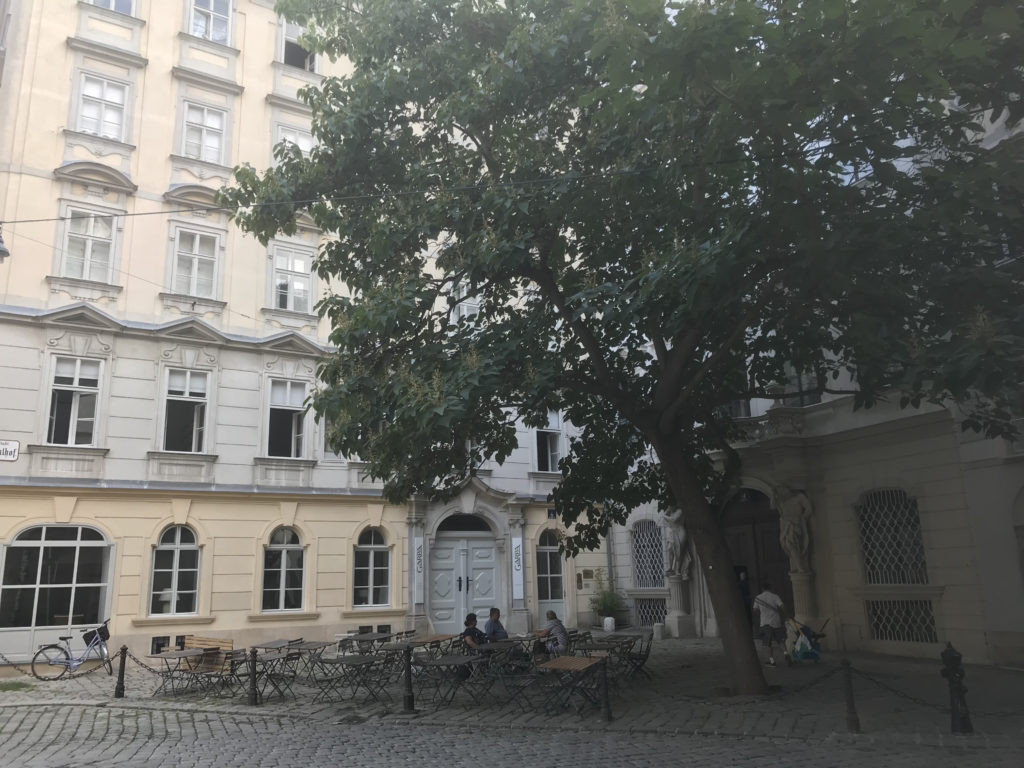One of my favorite area to wander in Vienna’s center is around the Kirche am Hof. It’s a labyrinth of narrow pedestrian streets leading, sometimes surprisingly, to small shaded places or to the grand Judenplatz. On that square the modern monument in memory of the Holocaust is testimony of the city’s ambivalence, between waltzes and drama, majesty and lightness. Two movies set at night offer an example of Vienna’s contrasting image. Both have been celebrated by the critics, both include a famous scene on the Prater’s Big Wheel and both are about love. But their atmospheres couldn’t be more different.
The most recent, « Before Sunrise » by Richard Linklater orchestrates the American-French duo Jesse-Céline (Ethan Hawke – Julie Delpy) who meet in a train coming from Budapest, decide on the spur of the moment to get out at Vienna’s station to discover the city in less than 24 hours. The film is not much more than a series of dialogues following Jesse and Céline’s falling in love. But with two excellent actors – who would reunite nine and eighteen years later in the trilogy’s two other pieces « Before Sunset » in Paris and « Before Midnight » in Greece – and Vienna with its squares, sideways, fountains and characters putting their best summer appearance, it’s magical.
« The Third Man » by Carol Reed based on Graham Greene’s script (who would publish it as a novella after the film’s release) dates back from 1949 and the immediate postwar era when Vienna was administered by the four powers who had won the war. This masterpiece also showcases the city, but its monuments are still emerging from the ruins, the black market is pervasive and makes many victims and love stories have no future.
This contrast between the joyful Vienna and the dark Vienna can be found in many novels and short stories. « The Vienna Melody » by Ernst Lothar tells the story of the Alt family, who were already making pianos for Mozart, from the end of the Habsburg monarchy at the time of the Mayerling drama in 1889 until the Anschluss. The lead character is Henriette Stein, the beautiful daughter of a prominent Jewish professor, who might have been one of the Archduke’s mistress before his suicide and who marries Franz Alt, the heir of the piano factory. The reader follows Henriette – at first charming and flighty – and the Alt family across the upheavals accompanying the fall of the Austro-Hungarian Empire: first World War, defeat, social movements and rise of the extremes. Sigmund Freud and Adolf Hitler appear in a few cameos in this impressive family and historical saga. At the end of the novel, when antisemitism comes in the open, Henriette, now a grandmother, realizes that a large part of the Alt family never accepted her.
Sigmund Freud plays a more important role in Robert Seethaler’s « The Tobacconist ». At 17, the young Franz Huchel leaves his mother and the banks of the Attersee and its turquoise waters to become shop clerk for Otto Tresniek, a tobacconist who lost a leg during the Great War. One of the customers is the “doctor of the mad people”, the old Dr. Freud who loves havanas. Franz discovers the capital city at the same time as the girls’ love, in particular Anezka’s, who came from Bohemia to play in a cabaret. She gives herself to him before disappearing. Disconcerted, the young apprentice opens up to the old professor who cannot offer much practical advice and limits himself to clichés such as « Even the best of us are dashed to pieces on the rocks of the Feminine ». We are in 1937 and as Franz is coming of age, Vienna lets itself being gnawed by the Brown plague: Otto Tresniek, who serves many Jewish customers gets beaten by the Nazis riffraff, his shop is ransacked, and he is arrested by the police under the pretext of selling lewd publications. Freud and his family pack their belongings in a few days and go in exile in England.
Arthur Schnitzler’s short story « The Dead are Silent » starts in the frivolity of the end of the 19th century: Franz meets Emma, his lover, in a carriage. They decide to drive towards Vienna’s suburbs fearing being recognized. In an accident they get toppled. Franz dies immediately, Emma is unharmed. As the coachman goes looking for help, Emma slips away to avoid scandal. She walks back home where she finds her family just in time for dinner. Nevertheless, she decides to confess everything to her husband.
Stefan Zweig – who exchanged a long correspondence with Freud – is the undisputed Viennese master of the short story. « Fantastic Night » is a nice example of his art. A Sunday afternoon in June 1913, a 36 years old gentleman, reserve officer, rich heir, collector of glassware and mistresses, walks out of boredom from the Graben to the Prater. He is aware of his own indifference. One of his lovers just wrote to announce her marriage with another man and he is not feeling any regret let alone jealousy. A carriage brings him to the race track and he observes with disdain the spectators moved by passion. A voluptuous woman tempts him. They flirt, exchanging a few looks. The husband, a little bit overweight, appears. They bump into each other and without really knowing why, the dandy steals from the husband the ticket containing his racing bets. They go their different ways, and it turns out the winning horse is the one on the stolen ticket. The baron gambles on the next race and wins again. With his wallet full of ill-gotten money, without a hint of remorse, but to the contrary excited by the adventure, he goes to mix with the crowd at the Prater’s funfair. But his aristocratic looks separate him from the masses eating sausages, drinking beer and dancing the polka. He ends up alone, standing against a carousel’s pillar until the night comes and the people leave. He then heeds the discrete call of a slender prostitute who actually brings him in an ambush.
This « fantastic » night in Vienna could have been the scabrous tale of an aristocrat falling in the gutter. Thanks to Zweig’s magic touch, on the contrary, and beyond the nights’ events, it is the story of a man who in six hours leaves his shell of indifference, switches his perspective and finally opens to the world arounds him.
